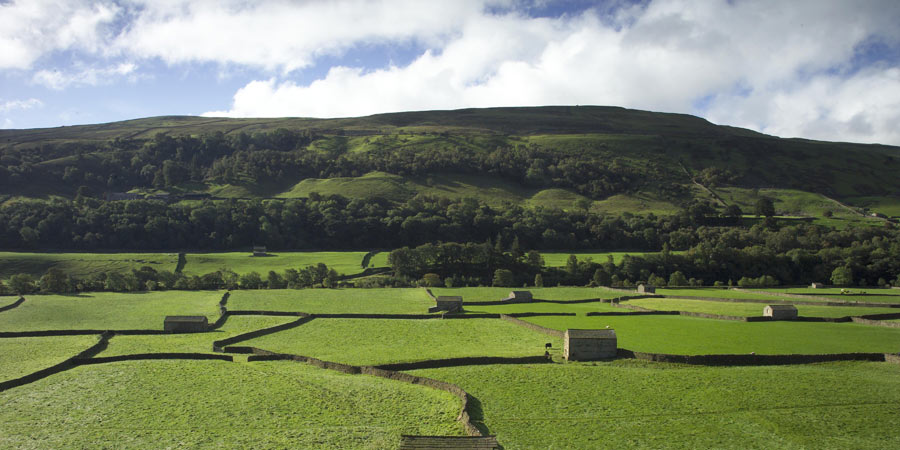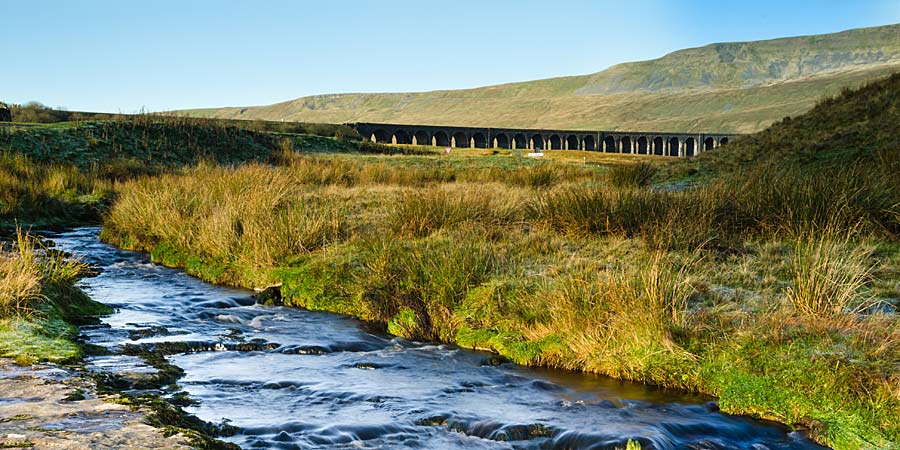2 results matching: Settle-Carlisle Railway
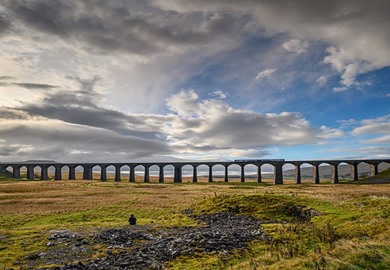
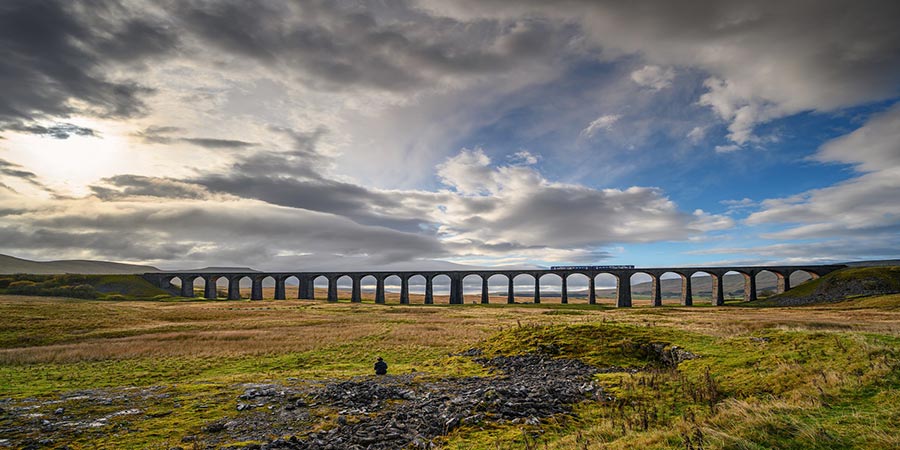
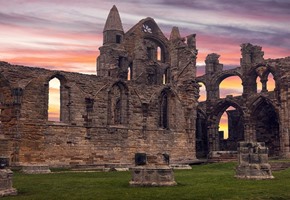
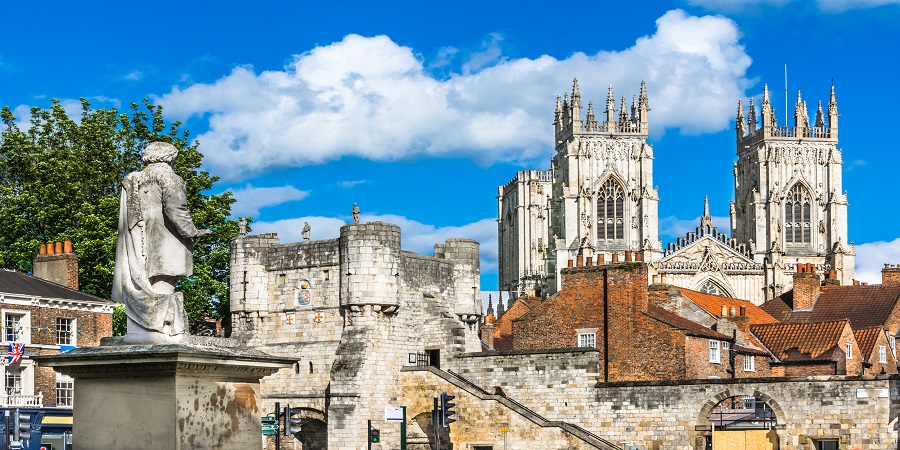
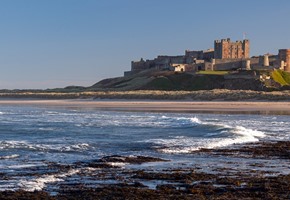
 (226 reviews)
(226 reviews)Encounter the untamed North York Moors and rolling Yorkshire Dales aboard the nostalgic North Yorkshire Moors Railway and famed Settle-Carlisle line, before discovering the gems of Northumberland on a tour which blends dramatic landscapes with fascinating history and culture. In Yorkshire, wander among the spectacular gardens of RHS Harlow ...
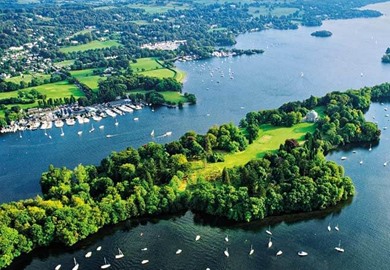
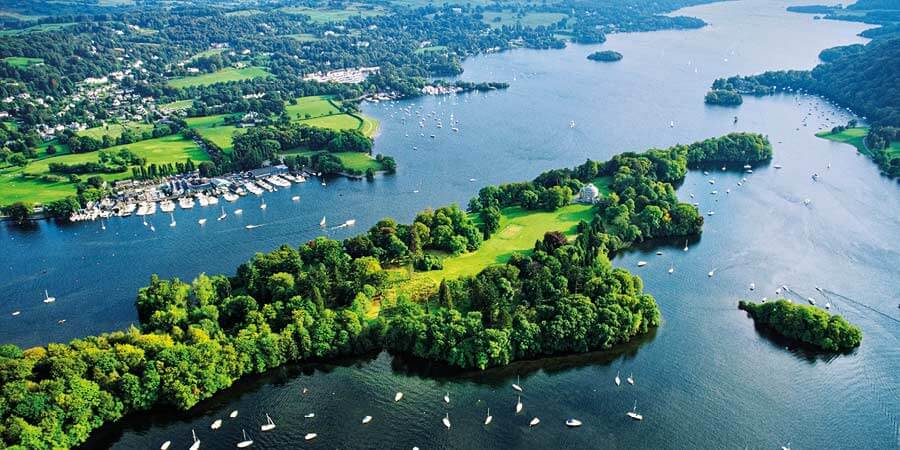



 (380 reviews)
(380 reviews)Experience picturesque journeys and leisurely moments in the stunning landscapes of the Lake District. Based in Wetheral, travel on heritage railways, enjoy the striking countryside of the north and delight in the natural beauty of this region. Sail across Windermere to scenic Bowness and the pretty village of Grasmere, once home to William...

